APAC DNS Forum 2024 Pre-Event Webinars
Leading up to the APAC DNS Forum 2024, we will hold four pre-event webinars:
- 18 June (03:00 UTC)
- 2 July (03:00 UTC)
- 15 July (03:00 UTC)
- 18 July (03:00 UTC)
These sessions aim to offer valuable insights and allow participants to become acquainted with the key themes that will be explored during the Forum.
Submit a Session Proposal
To propose a pre-event webinar session, please submit your ideas here by 15 May 2024, 23:59 UTC or click here for more information.
